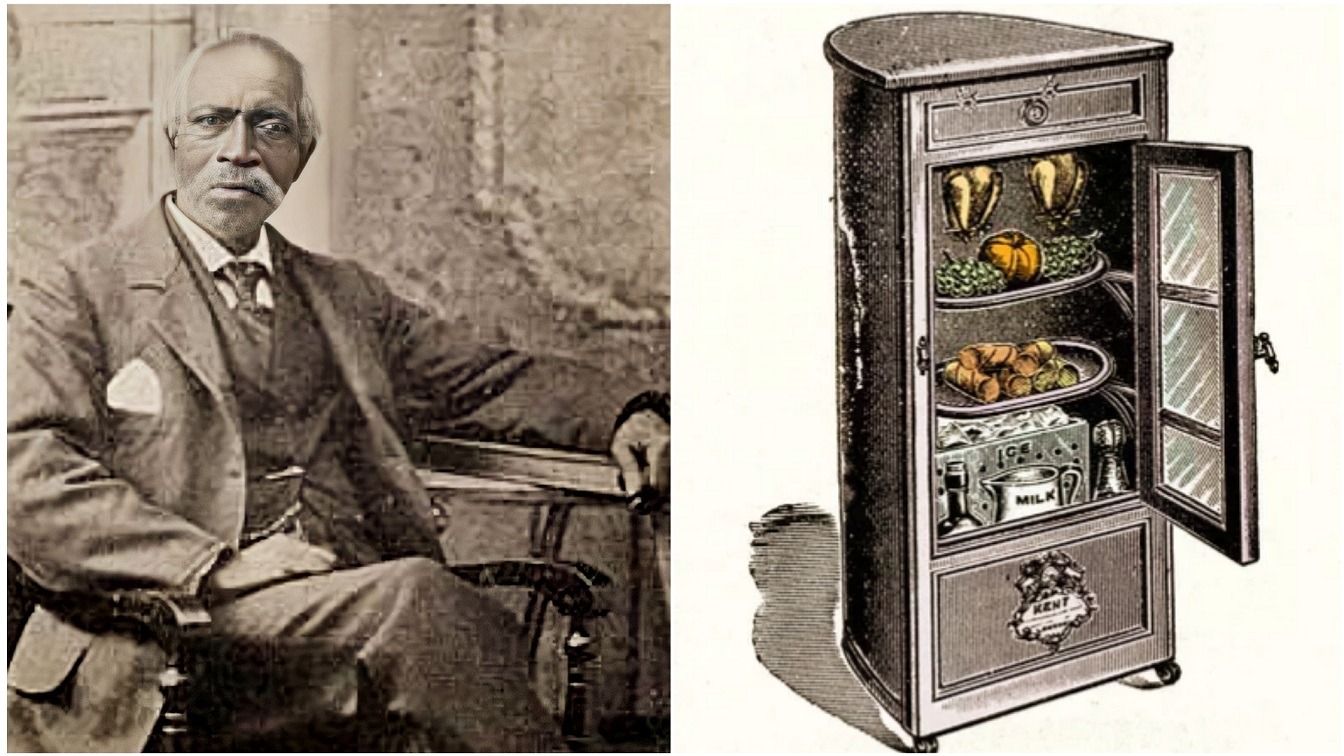Before slavery was abolished, in the 1800s, owning a barbershop was a popular economic venture for Black men looking to become wealthy. According to the Cut, one in eight Black males who were regarded as wealthy owned a barbershop with a net worth greater than $2,000 (more than $55,000 now).
Some slaves acquired their barbering skills from their enslavers, which eventually allowed them access to the wealthy or influential White men who were among their clients.
On the basis of this, people questioned Samuel T. Wilcox’s ability to succeed in the grocery industry. “I might have bought a farm and lived on my money, but I wished to show, if I could, that colored people could do something besides being barbers… Many advised me not to try and said nobody would buy groceries of a colored man,” Wilcox said of his business idea.
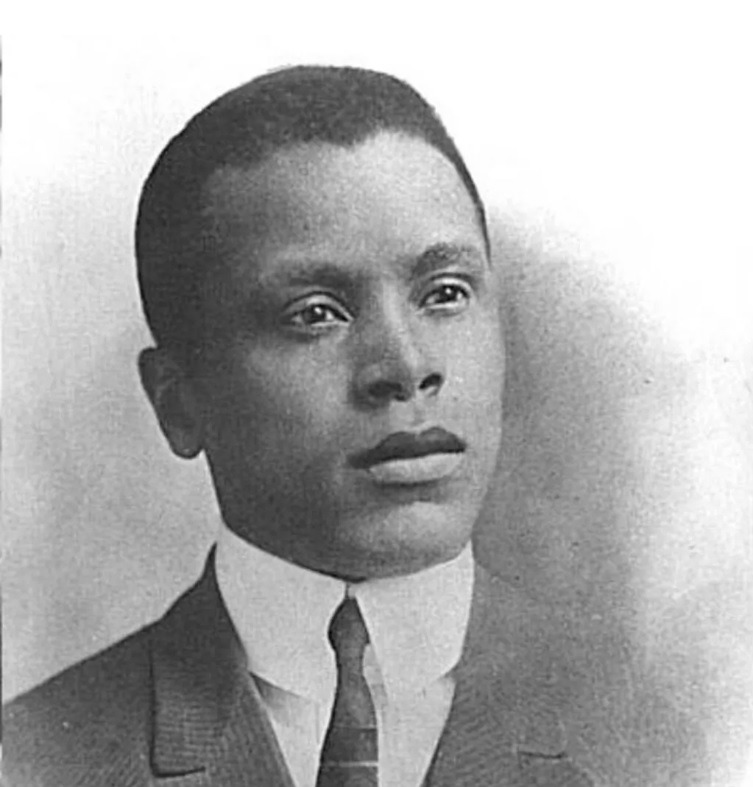
When he became a grocery shop owner in 1850 and established a high-end food store on a scale never previously seen in America, he disproved everyone’s beliefs. At Broadway and Fifth Street in Cincinnati, he had a grocery store. Wilcox had already developed a pickling and preserving business when he began this venture. Because he concentrated on “luxury groceries that were not stored at the time,” his grocery business increased. According to the book History of the Negro Race in America, he became famous for cigars, first-rate hams, liquors, all types of dried fruit, the best brands of sugar, luxurious soaps, and molasses.
His clients were typically wealthy or influential people. According to the book, Wilcox may have been Cincinnati’s largest grocery retailer during his day.
Around 1814, Wilcox was born in Fredericksburg, Virginia. He was raised in Cincinnati, Ohio, and quickly rose to prominence there as one of the founders of the Iron Chest Company, a bank that also dealt in real estate. Prior to starting his grocery store, Wilcox worked as an Ohio and Mississippi River boat steward. According to this report, he was able to save money and develop the abilities needed for trading and maintaining accounts.
Those abilities were useful when he launched his “Fancy & Staple Groceries” company and went on to become the most prosperous Black businessperson in wholesale food distribution at the time. With just $25,000 as his first investment, he generated annual sales of between $100,000 and $140,000, or more than $4.2 million today. Wilcox opened his first store in Cincinnati before expanding to wholesale markets in Baltimore, Boston, and New York.
He continued his local retail business among wealthy White households at the same time. He owned the Dumas House, thus in addition to being a grocery store owner and real estate tycoon, he was also a hotelier.
He became well-known for his grocery store, but subsequently his “extravagant habits” and uncaring approach toward business caused it to fail. Wilcox and Louisa T. Wilson had a son who was given his name. After a brief illness, Wilcox later passed away in his home. According to reports, he was the Steward of the steamer “Julia” owned by the Central Pacific Railroad Company at the time of his death. The estimated value of his estate was $60,000.
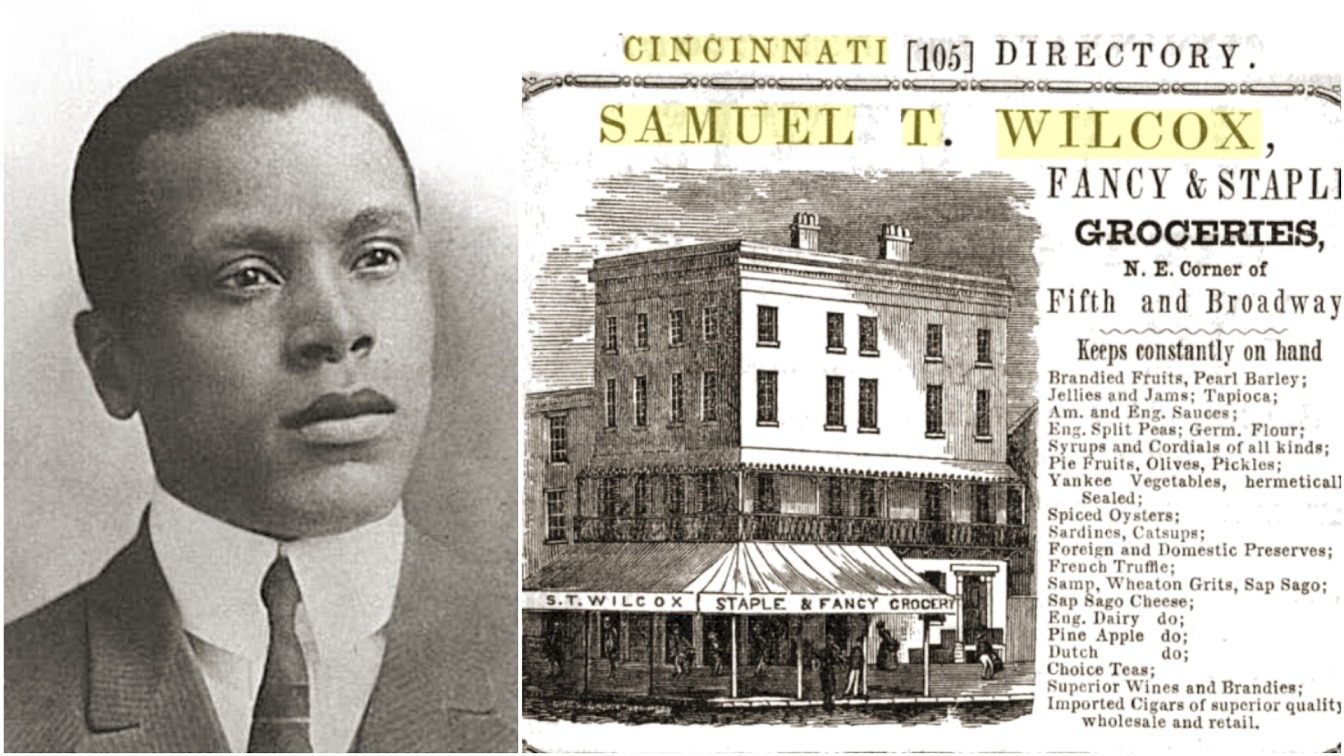
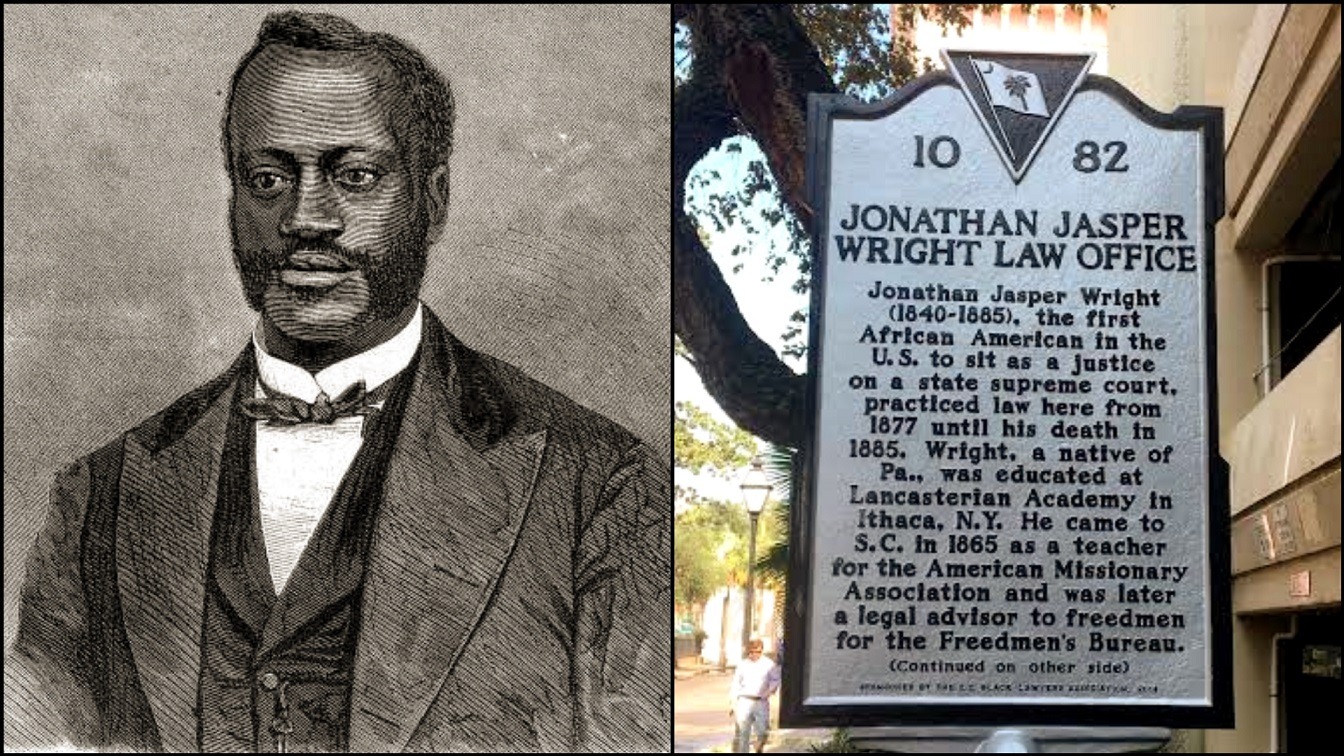
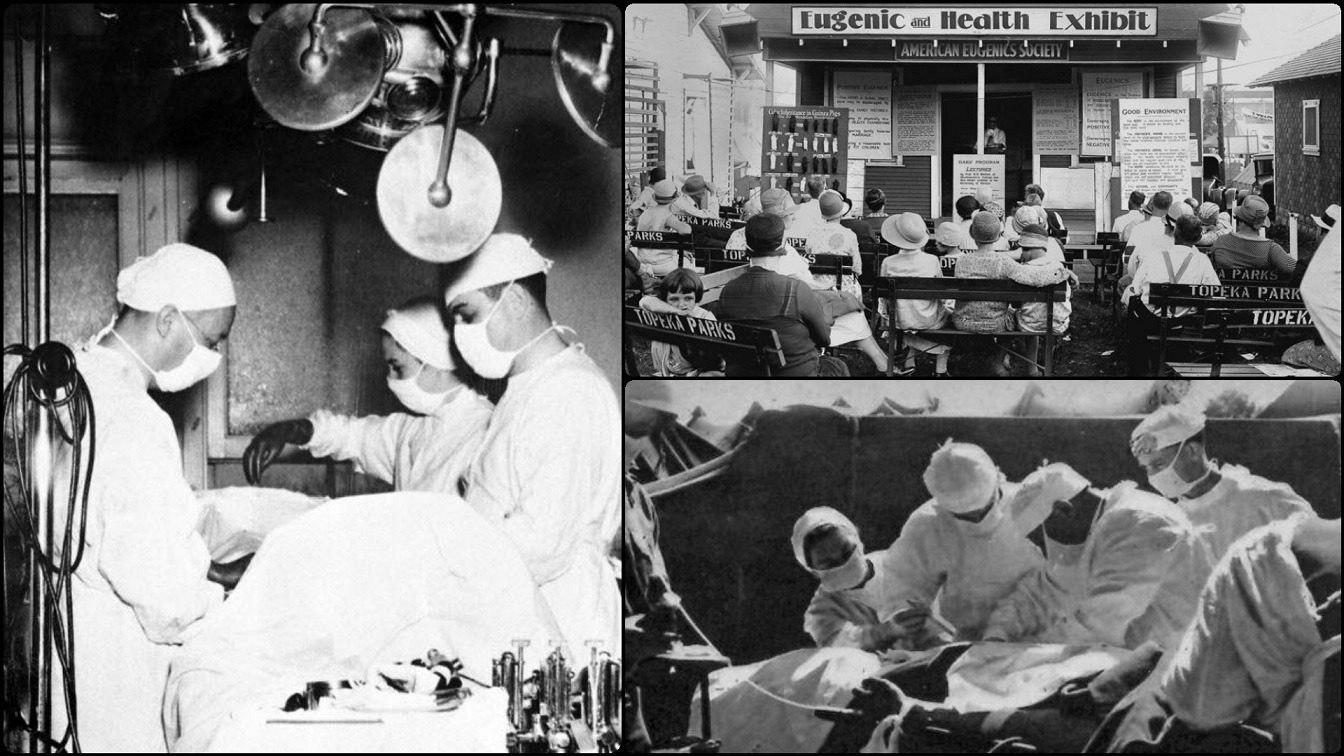

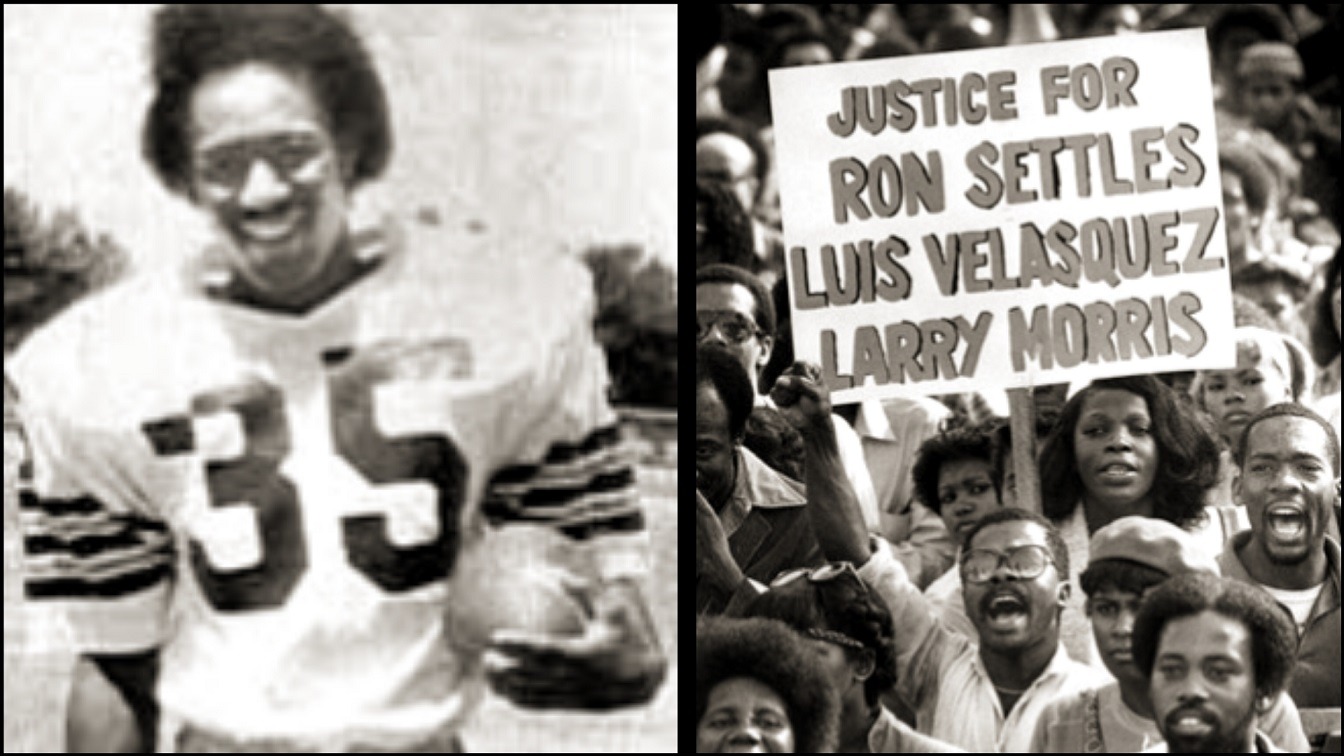
![Black Man Who Designed Washinton DC and Invented The Clock [Benjamin Banneker]](https://libertywritersafrica.com/wp-content/uploads/2022/01/Black-Man-Who-Designed-Washinton-DC-and-Invented-The-Clock-Benjamin-Banneker.jpg)
